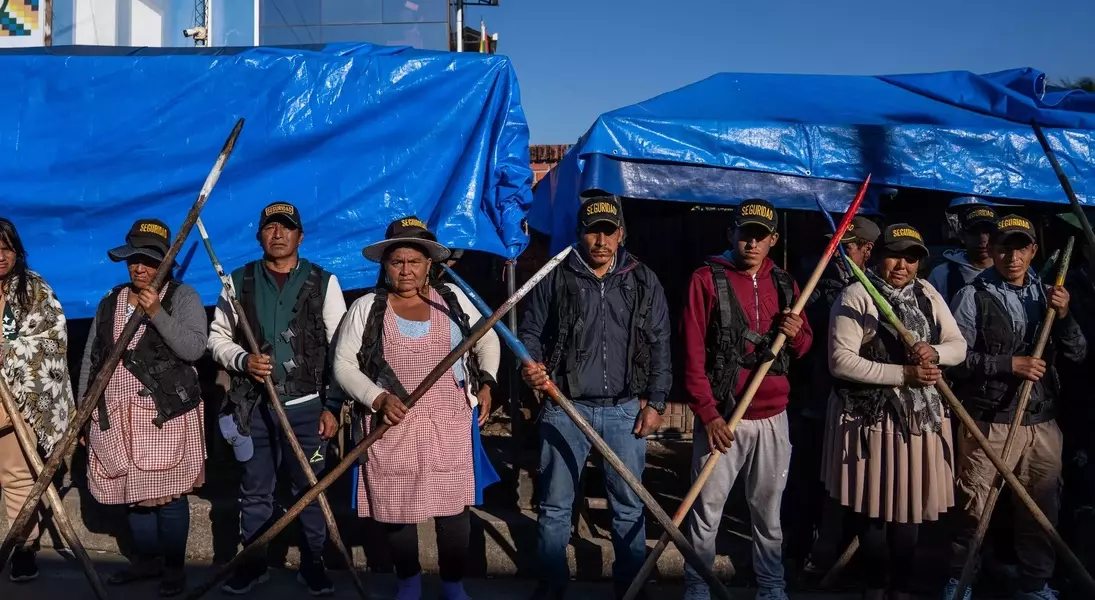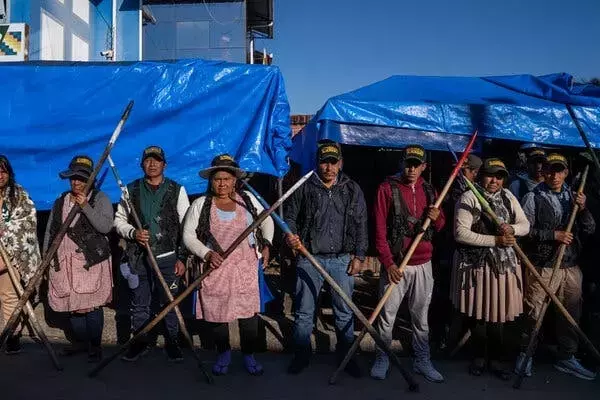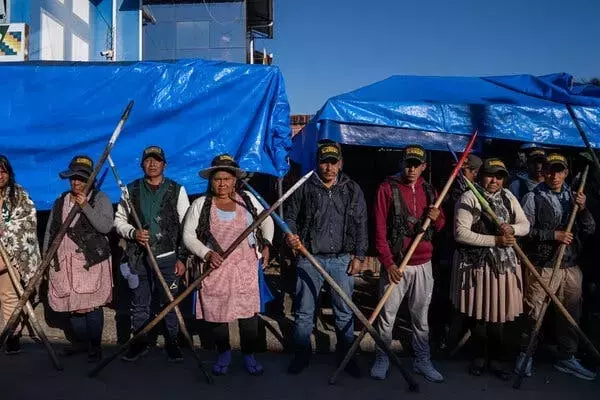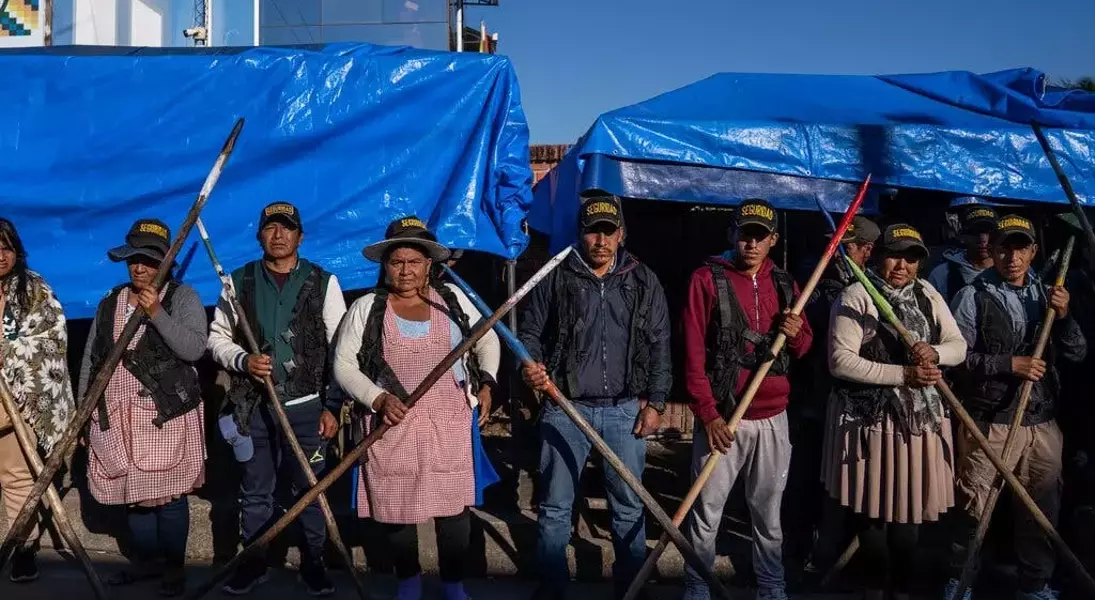





Evo Morales, once a dominant force in Bolivian politics, now operates from a remote forest retreat, engaging in what observers call a 'shadow campaign' for the upcoming presidential elections. This comes despite legal prohibitions against his candidacy and active arrest warrants. His ongoing presence underscores the complex and often turbulent nature of Bolivia's political arena, marked by the enduring legacy of its first Indigenous president. His journey from the presidential palace to a guarded rural compound illustrates the dramatic shifts in his public life, yet his support base remains fiercely loyal, a testament to his lasting impact on the nation's social and political fabric.
For 14 years, Evo Morales resided in the highest office, reshaping Bolivia's trajectory. From his initial assumption of the presidency in 2006, he championed the rights of marginalized communities, channeling significant resources into social initiatives and public infrastructure. As a socialist, a former activist, and a union leader, he rose to become an iconic figure, giving voice to segments of the population historically excluded from power. His policies aimed at redistributing wealth and empowering indigenous groups profoundly altered the societal landscape, earning him widespread adoration among his supporters.
However, Morales's pursuit of a fourth term culminated in a contentious election, widespread civil unrest, and ultimately, his temporary exile from the country. Bolivian courts have since prohibited him from seeking re-election, citing constitutional term limits. Adding to his legal challenges, arrest warrants have been issued based on accusations of human trafficking and claims of fathering a child with a minor during his presidency. Despite these grave allegations, which he has neither confirmed nor denied, his popularity among a substantial portion of the Bolivian populace remains undiminished, illustrating the profound loyalty he commands.
From his current refuge in Lauca Ñ, a secluded town accessible only after a lengthy journey and passage through a security checkpoint, Morales continues to exert influence. Protected by a dedicated group of loyalists, he navigates the political currents from afar, influencing the impending presidential vote. This clandestine operation highlights the enduring divisions within Bolivian society and the persistent power of a figure who, despite facing numerous legal and political obstacles, maintains a significant hold over the hearts and minds of many citizens. His current situation symbolizes a nation grappling with its past, present, and future, with the shadow of its former leader still looming large.
The narrative of Evo Morales, from presidential resident to woodland recluse, encapsulates a period of profound transformation and ongoing struggle within Bolivia. His legacy, characterized by both empowering social reforms and subsequent controversies, continues to shape the country's political discourse and future direction. The deep-seated allegiance of his followers, even in the face of serious accusations and legal battles, attests to his complex and enduring role in the national identity.
